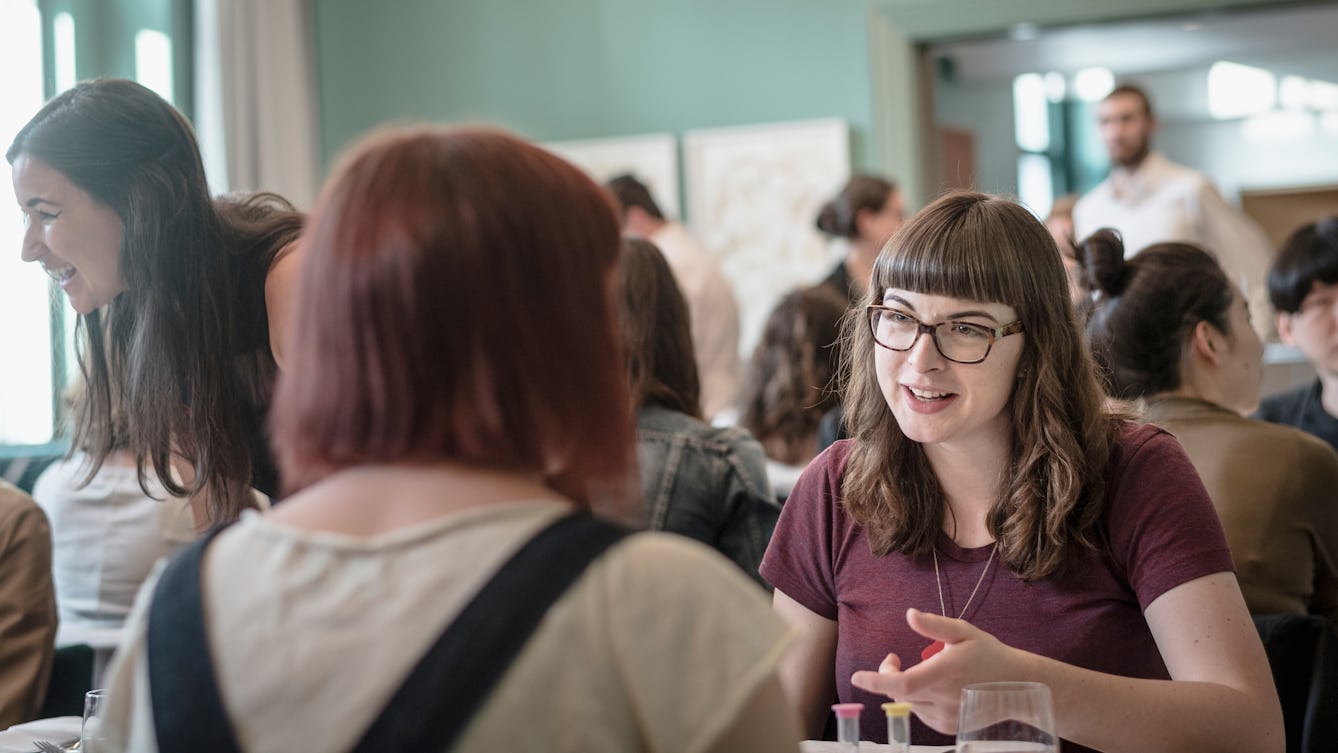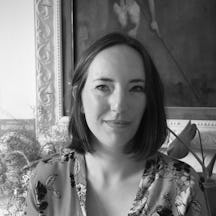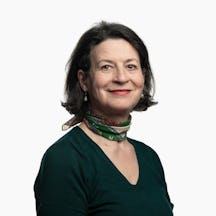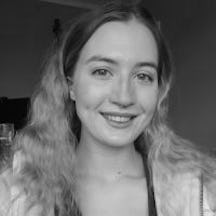What you’ll do
Join some of our Visitor Experience Team for a discussion about the objects we keep from our loved ones who have died, and the stories and meaning they hold for us. You’ll be in small groups, each with a facilitator. If you feel comfortable, please bring a keepsake to the session.
There will be an activity towards the end for you to write your own museum label for your keepsake.
This will be a safe space in which you can share as much of your own experiences as you are comfortable with. You’re free to say as much or as little as you’d like. Or you can just listen.
There will be a Chill-Out Room for you to relax in, with cushions, blankets, ear defenders, earplugs, and fidget tools. Tea and coffee will also be provided.




